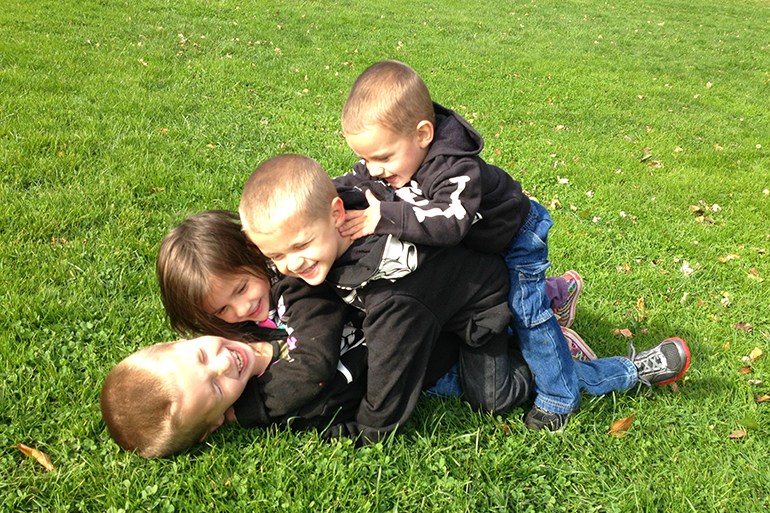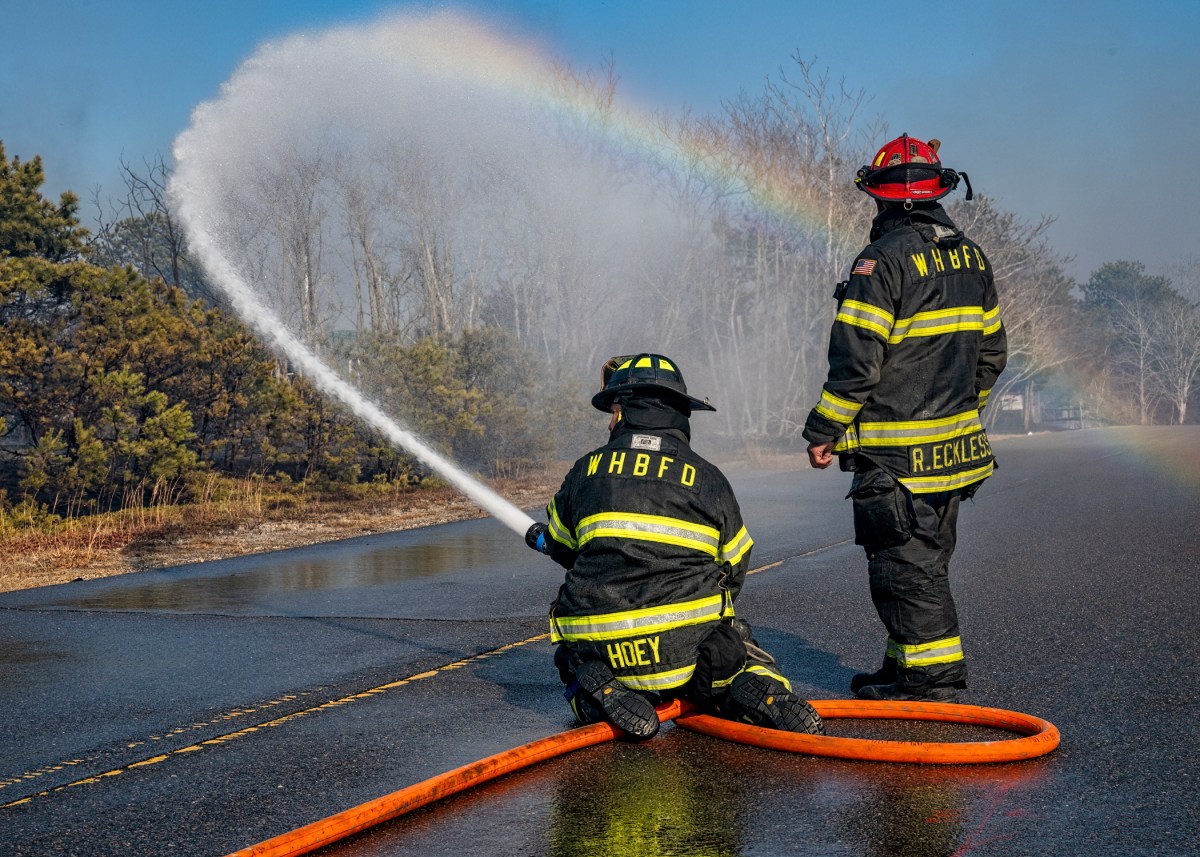The Retreat Supports Domestic Abuse Survivors on the East End

When people look at domestic violence from an outsider’s perspective, the reaction is often simple and linear. “Why not just call the police and leave?” one might ask upon hearing that someone’s partner has abused them. In reality, it’s just not that simple. Abuse of any kind is often a gradual, pervasive process that begins with subtle incidents and escalates to violence before the victim has a chance to realize they’re in a dangerous situation. Established as a nonprofit organization in 1987, The Retreat does everything it can to both protect survivors of domestic abuse and to prevent abuse from occurring. It offers far-reaching domestic violence and sexual assault services throughout Eastern Long Island.
“Abuse comes in all forms,” says Ellie Kurrus, of the Board Directors at The Retreat. Kurrus began her work with The Retreat as a hotline volunteer. “When I would answer the hotline we had a form that [callers] had to answer. Some of the questions you’d ask would be, ‘Were you physically abused? Were you mentally abused? Were you financially controlled? Were you sexually abused? Were you raped?’ It went on and on, and often—in most cases—they checked every single box.”
The Retreat is most known for its emergency shelter, which provides clothing, beds and other vital resources for survivors, but Executive Director Loretta Davis notes that the shelter has 18 beds, most of which are occupied by kids under the age of 12. Throughout its many programs, The Retreat serves about 1,200 clients a year—a staggering number. “We strongly encourage people to get counseling, if they want a protective order they go forward with that, we help them get jobs, they have to look for housing, all of that, but it’s a lot of clients,” Davis says.
Kurrus notes that financial control is often where the abuse begins. Because of this, many people who seek out The Retreat go through an educational workshop on how to handle money, so they can learn (or re-learn) how to be financially independent. Financial education is just one of the services The Retreat provides. The organization visits all public schools on the East End to talk about healthy relationships. Half the services are direct outreach services to victims and survivors, while half are prevention-based. For example, Davis, explains, “We work with young fathers who have not abused but who are at risk.”
The results, both Davis and Kurrus believe, are often remarkable. “I know one individual who came to us for help, and what she does now is speak to other groups about abuse. Only when you speak about will others speak up,” Davis says. “Now she has a job where she’s working to help others and is working on her degree in social work.” Kurrus, who has more experience with the hotline, recalls a story that deeply touched her. “The first call I got when I answered the hotline, a woman called…she was looking for shelter, and I’m going through my list of questionnaires, and she starts telling me her story about how her boyfriend locked her in the apartment, beat her, took her phone,” she says. “She climbed out the fire escape by somehow prying herself through these steel bars and ran to the police for help. Meanwhile, I’m sitting in my nice, comfortable air-conditioned office answering the phone! I don’t know what ever happened to this woman, but generally, the abuse has continued for years and years, and when they call us, they’re in serious danger.”
The Retreat is a hugely important organization, and it is always looking for more volunteers and funding. To find more information about volunteering or donating, visit theretreatinc.org.
If you or someone you know is the victim of domestic abuse, call The Retreat hotline at 631-329-2200 for help.



